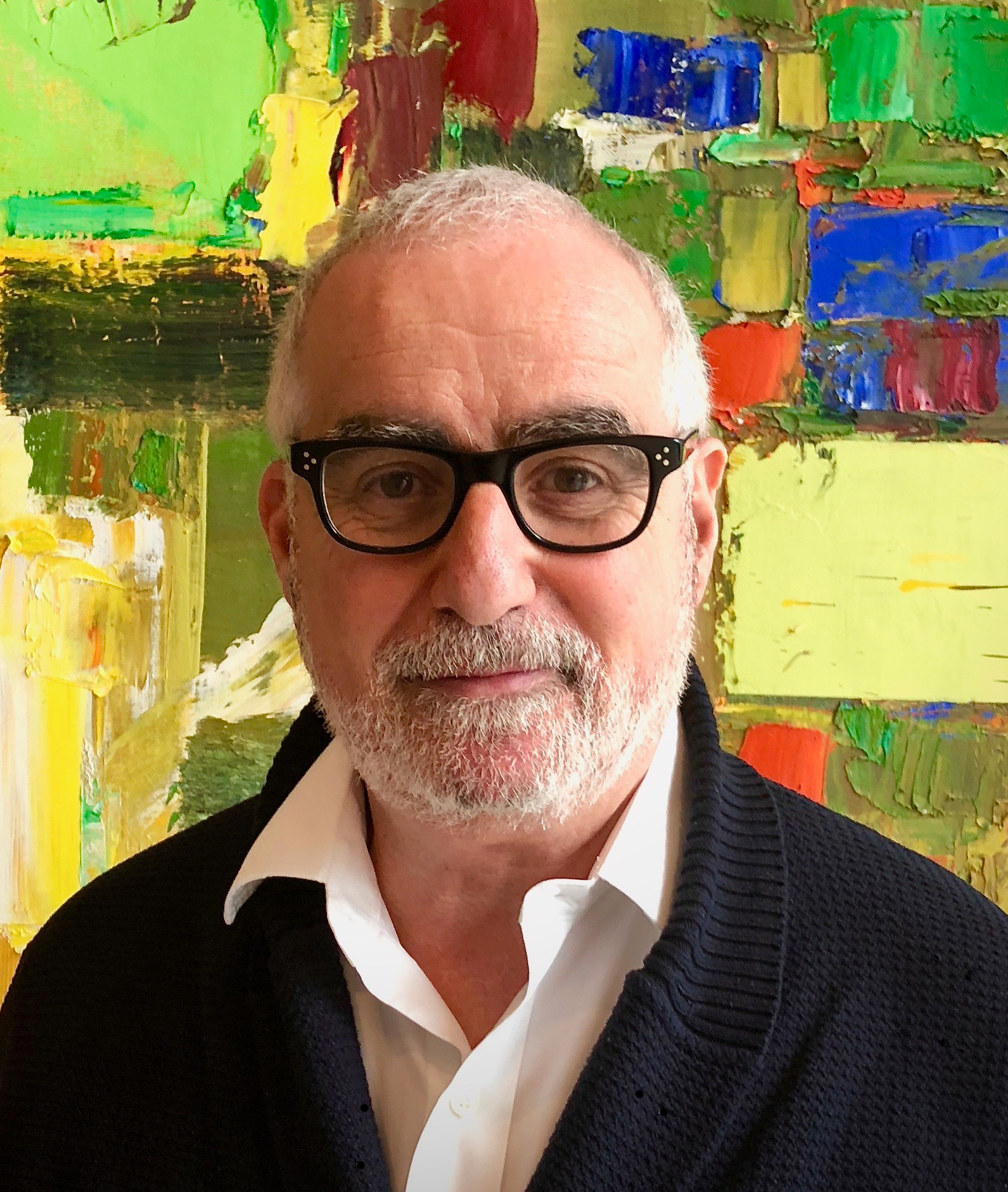
Martin Pollecoff, UKCP chair responds to Johann Hari’s book

I do like a literary row. When a writer is attacked I assume one of two things: either the book is rubbish or it’s hit a nerve.
When the Observer and the Guardian offered readers a sneak preview of Johann Hari’s book, Lost connections: uncovering the real causes of depression — and the unexpected solutions, it was immediately attacked by another medical author. The book was not even out yet.
Hari’s attacker took pains to remind us that Hari had been in trouble for plagiarism and altering the Wikipedia entries. He failed to mention that Mr Hari has carried away award after award for writing and that whatever errors he may have made, he can still create a page turner and still has an instinct for the Zeitgeist.
This attack is also disingenuous as Mr Hari is a ‘civilian’ – not part of the spite and spin world of mental health.
This is a world in which psychologists, psychiatrists and my own tribe psychotherapists and counsellors, all good people, all working hard, all battling against an overwhelming tide of demand, jostle for their share of ever decreasing recourses.
Mental health is a battle that we are not winning. Despite all the hard work, the wonderful degrees and published papers and conferences, we are not stemming the tide. The demand for these services is still rising.
NHS Digital data shows that in 2016, an all-time high of 64.7m prescriptions for items of antidepressants were dispensed in England. That’s 108.5 per cent increase on the 31m antidepressants which pharmacies dispensed in 2006. People are coming forward for help, not because the stigma surrounding mental health issues has decreased, this is about people reaching the end of their tether.
Something’s going on and Johann Hari’s book is about that something. True, Hari is not part of the ‘trade’, but he is an expert by experience. He has suffered from depression. For 20 years he has taken the pills, he has done the therapy and Connections is his story about a personal quest for real health.
In looking for culprits he is not staring at our brain but rather at our culture. Instead of asking the pathologising question ‘What is wrong with you?’, he is asking the very human and kind question ‘What has happened to you’.
When he writes about mental health he writes about the effect of materialism, inequality, poverty in a time of plenty, the precarious nature of work, the lack of an attractive future or even a plan for one, dissociation from nature and the substitutions of real relationships with the thin gruel of virtual ones. He writes about the links between psychological pain and physical illness. And he writes about the small victories that people have created, and of doctors who are succeeding with low tech alternative ways of working,
Mr Hari is not the first to notice that whatever we are doing, however clever we may be, we could be looking the wrong way.
In June 2017 Dainius Pūras, a professor of psychiatry from Lithuania, who has been commissioned by the United Nations to report on mental health and human rights, delivered a damning report to the Human Rights Council in Europe.
He called for an urgent shift in approach, and recommended that we target ‘social determinants and abandon the predominant medical model that seeks to cure individuals by targeting “disorders”.’
Pūras wrote: ‘The focus on treating individual conditions inevitably leads to policy arrangements, systems and services that create narrow, ineffective and potentially harmful outcomes. It paves the way for further medicalization of global mental health, distracting policymakers from addressing the main risk and protective factors affecting mental health for everyone.”
He also noted that ‘there exists an almost universal commitment to pay for hospitals, beds and medications instead of building a society in which everyone can thrive.’
Don’t get me wrong, I am a fan of medicine when it works, when it really works – not these 0.2 per cent improvements that you get in so many clinical trials. No, good medicine smashes disease right out of the pitch and over the pavilion. When did you last see a child with polio? What about typhoid, cholera, measles, smallpox, malaria, Yaws, even AIDs is no longer the killer it was. And that all in my lifetime. Hats off to all that wonderful work. But depression is not a disease and it does not obey the process of a disease.
I joined some 400 others in Euston to watch senior psychologist, Dr Lucy Johnstone, launch a completely new diagnostic system for mental health. This was no crank event but one organised by the clinical psychology division of the British Psychological Society.
Clinical Psychologists are specialists in diagnosis. Within any medical system, diagnosis is the gateway to getting appropriate help. It’s also the lodestar for where investment is made in public health. So this is important stuff.
Dr Johnstone and her team have spent five years developing the Power Threat Meaning Framework. The emphasis of the new system is to ask not what is wrong with you but rather what has happened to make you feel like this. That’s a big difference because it treats depression as a natural consequence of cumulative hurts and disappointments.
One of the framework’s strengths is that its very nature lends itself to epidemiology which would inform public health. From it, you can build a picture of the external causes of depression and from there you can begin to craft a healthy society.
Depression is not about grief, it’s about hopelessness. It’s a crisis of meaning. Hari’s message is about choice and we do have choices. Professor Pūras reminds us that there are other ways. Dr. Lucy Johnstone’s work offers us a new road map.
Things are changing.
Share
Like most websites, we use cookies. If this is okay with you, please close this message or read more about your options.

